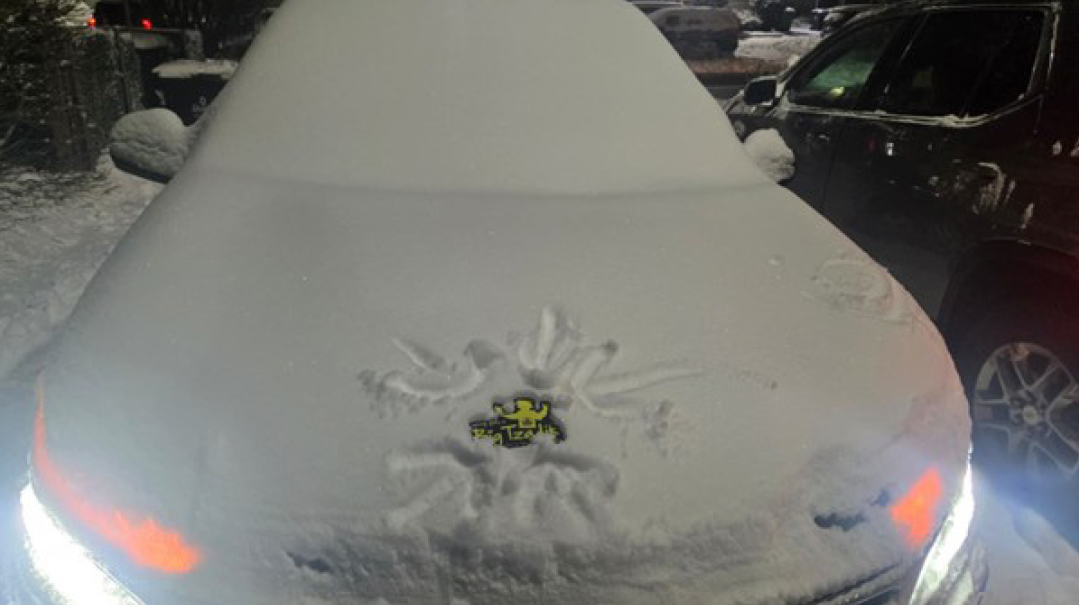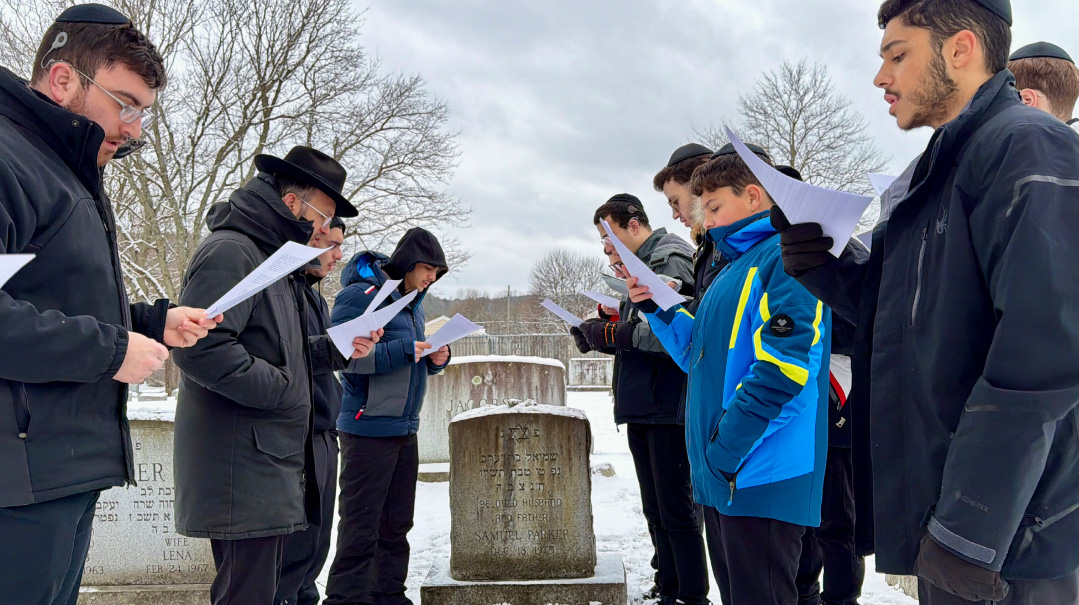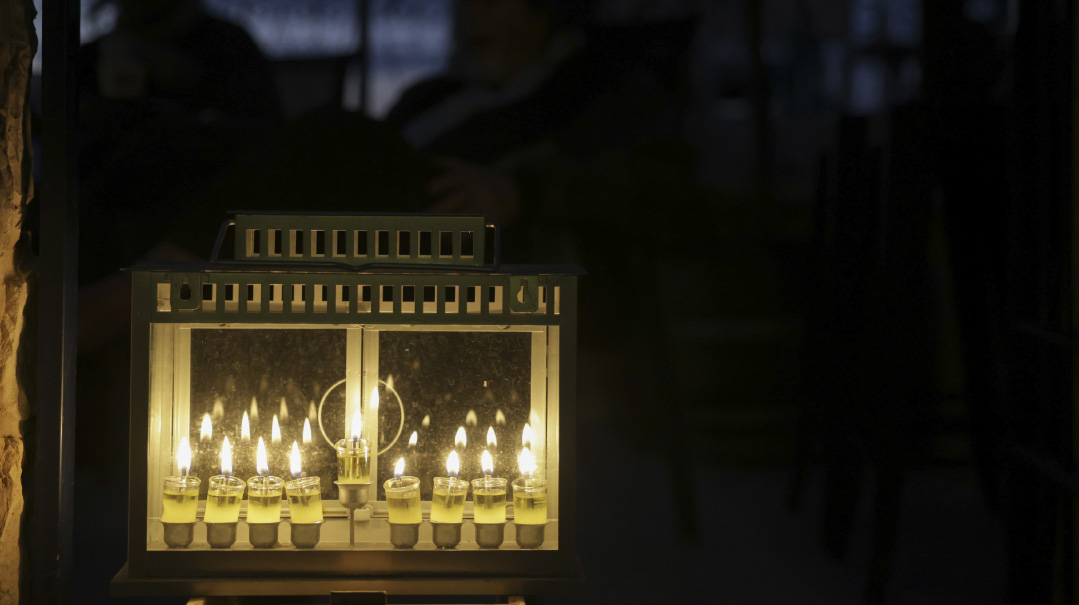Living Higher: Issue 902

For Rabbi Dovid Avigdor of New Haven, Connecticut, the current plight of Ukraine carries within it an ancient promise

Berdychiv, Lutzk, Uman, Kyiv, Lviv. Suddenly these cities are back in the news, their rich history and profound meaning lost on secular media. But for Jews the world over, it’s an uncanny throwback into an old world of righteous rabbanim and sinister bishops, ultimately outsmarted by the town water carrier. Suddenly, these cities are again real, with real people, and so many of them our brothers and sisters, in desperate need of our tefillos and support.
But for Rabbi Dovid Avigdor of New Haven, Connecticut, the current plight of Ukraine carries within it an ancient promise.
It’s a story that begins close to 80 years ago. Reb Dovid’s grandfather, Rav Yaakov Avigdor, was a great talmid chacham who served as the rav of the Ukrainian city of Drohobych. At some point in the beginning of World War II, he learned that — as a prominent rabbi as well as a registered chaplain in the enemy Polish army — the Nazis were searching for him. Rav Avigdor went into hiding, waiting and praying for the danger to pass. The night before the Nazis invaded, a Jewish Russian commander by the name of Dubavi approached him in his hiding place. “I have a vehicle here,” he told the rav urgently. “I can drive you to safety.” But Reb Yaakov refused. “The captain must remain with the ship,” he insisted. He was the rav of Drohobych, and in Drohobych he would remain.
Rav Yaakov Avigdor passed away in 1967, and, over the years, his grandson Reb Dovid has kept up with the people of Drohobych. Now that the city is caught in the crossfire of a brutal war, he has been in constant touch with the leadership of its Jewish community, raising much-needed funds to help alleviate the financial toll of the invasion, and helping the community obtain the information needed so they can best plan their next moves.
The Drohobycher Rav is no longer with us, but, from his place in Gan Eden, the captain continues to remain with the ship.
(Originally featured in Mishpacha, Issue 902)
Oops! We could not locate your form.






